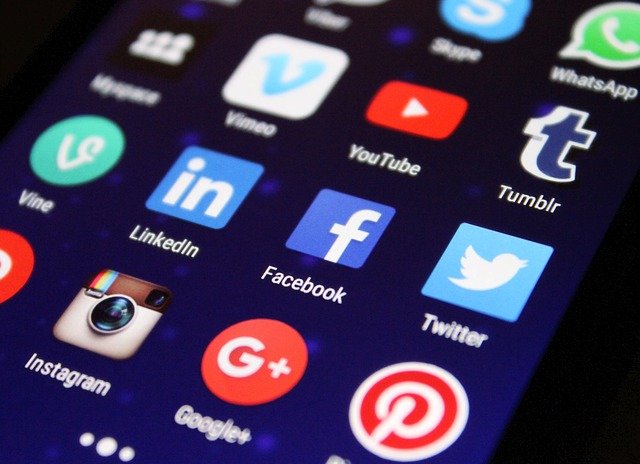
Nobody wants to think about dying. But, since it is part of life, there are some instances where you have to. For example, everyone knows that you want to create a will. This is going to allow you to leave important items to family, friends and other loved ones. But, in the digital world, there is something else you have to think about. We are talking about your digital legacy. Indeed, in many years to come, there is going to be a lot about this generation on the internet. So, let’s take a look at a few ways you are able to control your digital legacy.

Loved Ones Can Request Access to Apple Account
If you have an account with Apple, there is going to be a lot of information on your iPhone and other devices. You may want to ensure that they are deleted when you die or that some images and other information can be saved to people that want to see them. Well, Apple has introduced an interesting new feature that might solve this problem. After all, you are going to have passwords that some people will not know. It is called legacy contacts. This was started in December 2021 and it means that you can choose people that you trust to access your Apple account. The person will share your death certificate and an access key. Once this is approved, they will be able to see your data. They have three years to sort this out and decide what happens to it.
Legacy Contacts Available on Facebook
In a similar way to Apple, Facebook is also setting up a legacy contacts feature that is going to allow someone to see all of your data when you die. Indeed, you are going to be able to choose this legacy contact and they can view everything from your posts to profile pictures. They can make changes, as well as have your account deleted. This means that you can leave instructions so that you have what you want to happen when you pass away. In order for this to happen, the account should be memorialized. Then, the legacy contact is going to be able to do what they want to follow your instructions. For instance, some people no longer share their personal details online in case they are misused. Thus, you could change your cover photo and profile image to stock photos, as well as deleting any personal data stored on Facebook.
Choose Inactivity Periods on Google
There are settings on Google that you can use in the case of your death. Namely, you can use the inactive account manager for this and if you are inactive on your Google account for a certain period of time, it will be deleted. For instance, this could be after you have not used your account for three months or 18 months. There is an option to delete after this period has passed or you can send out a message to loved ones so that they can view your account. For instance, Google allows up to 10 people to be notified that the account is inactive and gives them the option to help. You can allow some people to access information about you, such as your calendar and photos.
Microsoft Also Deletes After Inactivity
When it comes to Microsoft, they have steered clear of legacy contacts. In fact, there is no way for anybody else to access your account and the data they have of you. So, this is not something you are going to be able to share or, in some cases, worry about after your death. Instead, if you are inactive for around two years, Microsoft will simply close your account. There is nothing else that has to be done. So, you can know that if you pass away, once a certain amount of time passes, your data will be deleted and its account be misused in any way.
LinkedIn Does Not Offer a Legacy Contact
Are you worried about your LinkedIn account after you pass away? Indeed, this has been a place where people keep all of their career and business information. So, you might want to make sure that it is deleted when you die. Well, there is no function for a legacy contact. The platform does not have a feature like this available so nobody is going to be able to see your account. There is a way to memorialize your LinkedIn if you could to keep it open. But, it is possible for someone to request that your account be deleted when you die. So, if you want this to happen, it is best to leave this instruction on your death so that a loved one can do this.






